Use Case Analysis for Business Intelligence Projects
Business Analysis Knowledge Share
OCTOBER 27, 2023
This data, if harnessed effectively, can provide valuable insights that drive decision-making and ultimately lead to improved performance and profitability. This is where Business Intelligence (BI) projects come into play, aiming to transform raw data into actionable information.



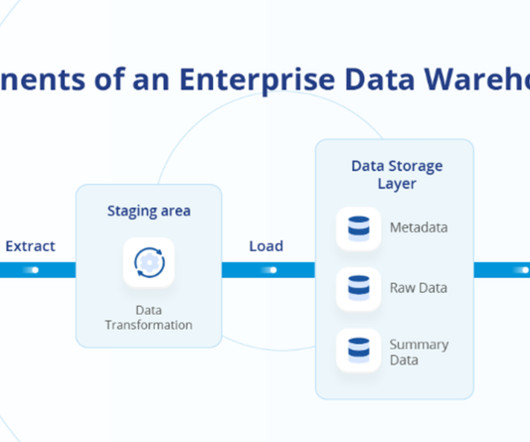
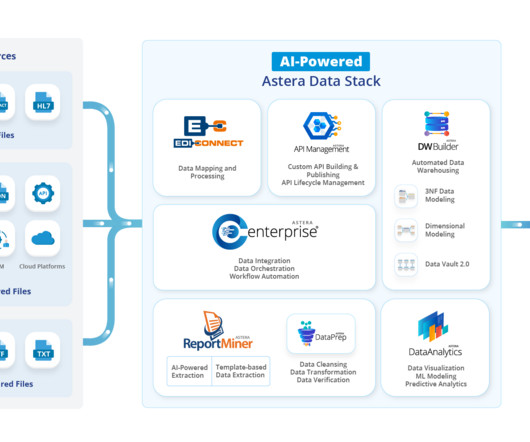
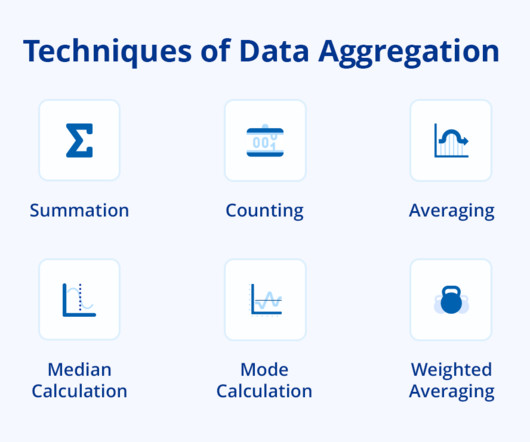


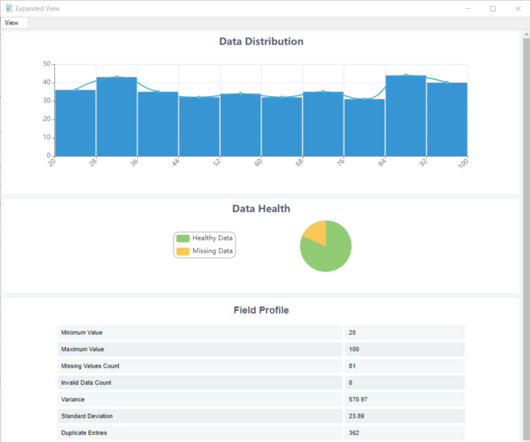
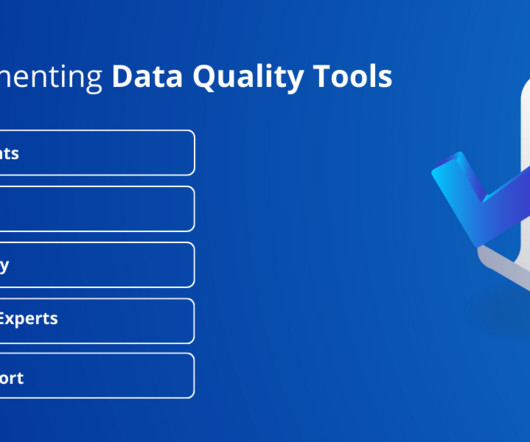
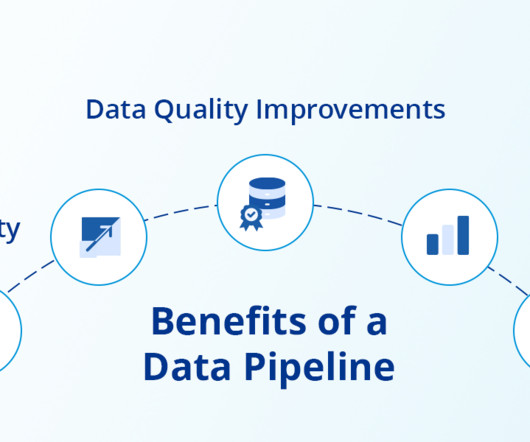






Let's personalize your content